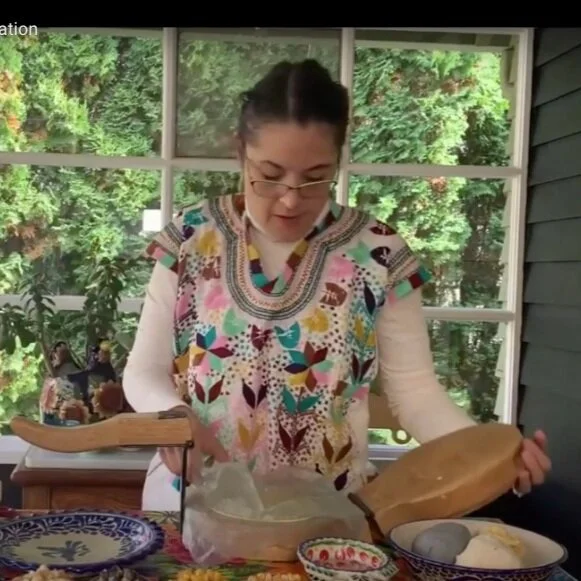CRAFT’s grains-related work supports local grain processors and producers in seizing a currently untapped market opportunity to grow and sell local grains and grain products in Western Pennsylvania.
These projects aim to alleviate barriers for processors around working with and sourcing local grains, foster business partnerships between regional farmers, millers, and other value-added processors, and increase consumer awareness and consumption of local grain products.
Why does CRAFT maintain a specific focus on regional grains?
Grains are central to our diets, as well as how our thinking about food systems evolved. The concept of a food system or food regime was developed from taking a world systems view on how grains are grown. The types of grains, the method of cultivation, their use for food or feed, and the ability of citizens to transport, export, or import the desired varieties of grains often determine the size and type of society that develops.
Furthermore, despite the significance of grains to our food system and daily diets, they’re often left out of local food movements because of the predominance of consolidated grain producers and a subsequent loss of knowledge around growing them. In our region, for example, grains were once far more commonly grown for human consumption, but now are often only produced for animal feed. You can go to any farmer’s market in Pittsburgh, and find local produce, meat, and dairy, but you will be hard pressed to find local flour. This is a space that not many are currently operating in our region, and so it is a gap we feel we can fill without duplicating any efforts.
























